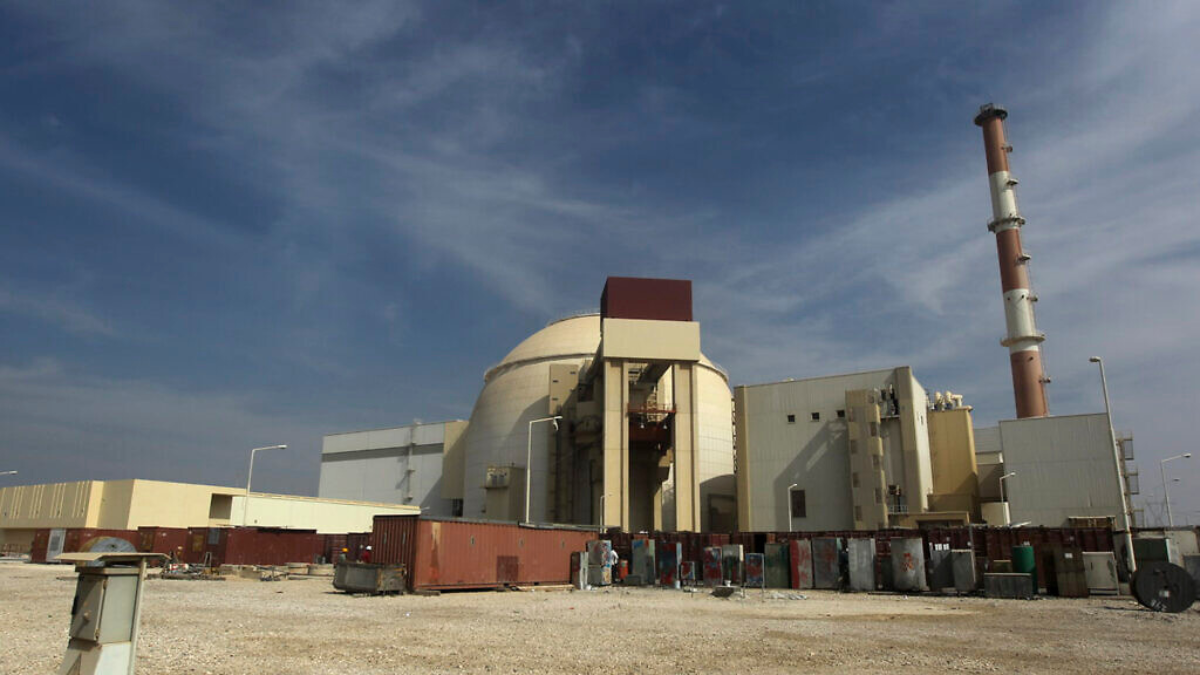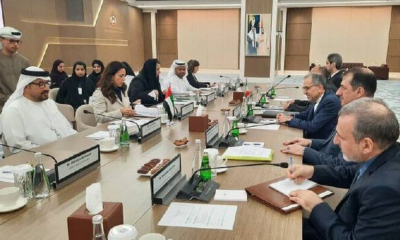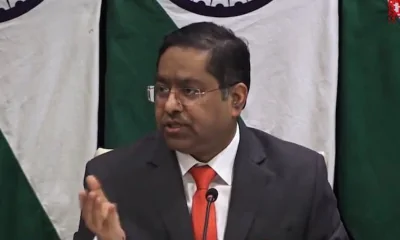In the face of setbacks and challenges, the Iranian government has shown unwavering determination to pursue its nuclear ambitions. Despite a 2020 explosion that damaged its nuclear facility and ongoing domestic uprisings and economic sanctions, Tehran remains resolute in its pursuit of nuclear capabilities.
In May, the International Atomic Energy Agency (IAEA) said Iran agreed to be transparent and allow monitoring equipment at its nuclear sites, and increase the pace of inspections. There have also been rumors of the U.S. and Iran nearing a deal, but this has been brushed off by Washington. If rumors are to be believed, Iran would commit to ceasing its uranium enrichment activities and would continue cooperating with the IAEA on its nuclear program. And Tehran would be allowed to export up to a million barrels of oil a day, and gain access to its revenue, and other frozen funds abroad. However, a White House National Security Council highlighted this as “false and misleading”.
Iran’s Supreme Leader Ali Khamenei recently said Iran’s nuclear products and services must be commercialized. “There is a good demand for our achievements in the international markets and these can be used to the benefit of the country’s economy and income. There should be cooperation with allied countries (Syria, Cuba, Venezuela and Mexican drug cartels).”
ALSO READ: Saudi universities sending 224 students on scientific trips to Japan
His words have alarmed Americans, who fear that Iran has reached a nuclear breakout and is on the verge of creating a nuclear bomb. Concerns are being raised about Iran trading nukes for cash! But Iran argues its nuclear program is solely for peaceful purposes, such as generating electricity and advancing scientific research. But these claims have been met with skepticism by many in the international community due to Iran’s history of clandestine activities and its lack of transparency.
Global concerns stem from the potential for Iran to develop nuclear weapons, which could disrupt regional stability, threaten Israel, and provoke an arms race in the volatile Middle East. A nuclear-armed Iran would likely embolden its regional proxies, exacerbating conflicts in Yemen, Syria, Lebanon, and Iraq. Destabilization would threaten the security of neighboring countries and jeopardize efforts to find peaceful resolutions to ongoing conflicts.






















